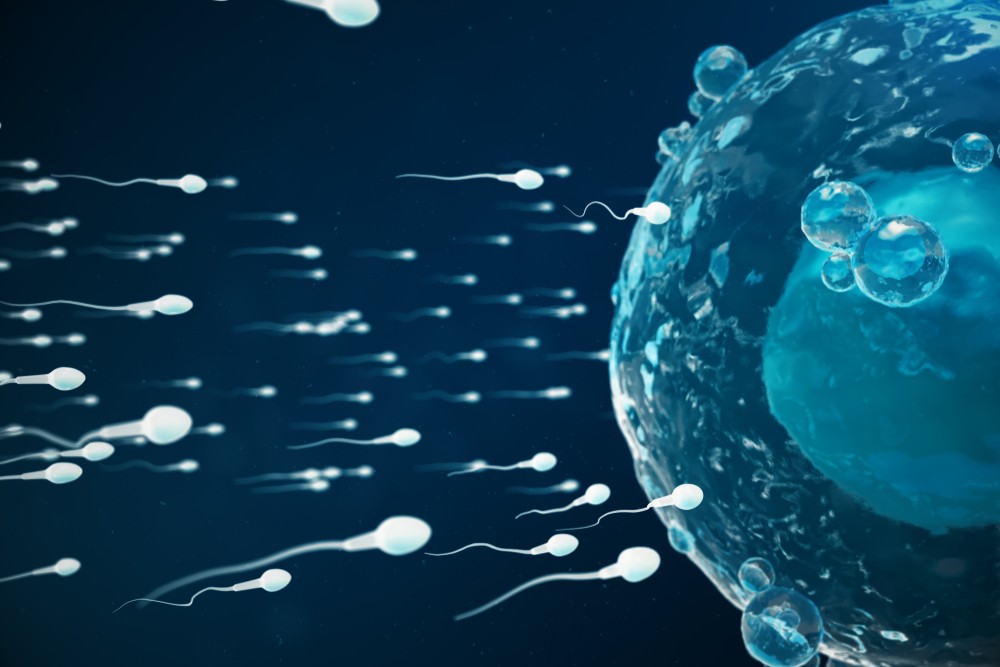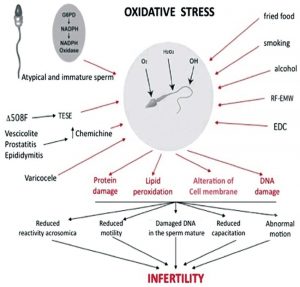Has he had a semen analysis?
Unexplained infertility, miscarriage, recurrent IVF failure…although much of the blame is placed on women, the reality is that more than half of all cases of infertility may be related to male factors. But most of time women continue to be the subject of fertility treatment. Whether choosing natural conception or ART, a couple works as a unit and the male partner should optimize the environment for sperm production. It is strongly recommended that both the male and female have fertility testing as part of an initial evaluation. As sperm varies from day to day, two semen analyses performed at least 2 months apart are recommended.
Common causes of male infertility are related with sperm production. Sperm quality is determined by four factors:
- The total number of sperm cells produced (sperm count)
- Their physical attributes (morphology)
- Their ability to move properly once ejaculated (motility)
- The integrity of their DNA
Declining male fertility
In recent years, male infertility has been attracting increased attention due to the evidence of the decline in semen quantity and quality among young healthy men. According to scientists at the Hebrew University of Jerusalem, sperm counts among all men in the West have more than halved in the past 40 years and are currently falling by an average of 1.4% a year.
Temporal trends in sperm count: a systematic review and meta-regression analysis
In the 1970s the average western man had a sperm concentration of 99 million/ml. By 2011 the sperm count had fallen to 47.1 million/ml. Sperm concentrations under 40 million/ml are considered below normal and can impair fertility. These statistics are quite shocking as so many men fall into the category of borderline infertility. “Reproduction may be the most important function of any species. Something is very wrong with men.” Says Hagailevine, Public health researcher, the Hebrew University.
The canary in the coal mine
The formation of mature sperm is a very complex physiological process that takes place in a man’s body over a ten-week period of time (called a spermatogenic cycle). A large number of factors play a role in determining the number and quality of sperm that are being produced.
Men’s reproductive health as a window to overall health
Recent large population-based studies show there is a clear association between sperm abnormalities and disease/death rate.
|
Male fertility and reproductive function should be regarded as the biomarkers of general health and may indicate underlying health issues. As reproduction is an expendable biologic function of the body, some potentially significant health problems can be associated with decreases in male fertility potential. Many health problems and the medications used to treat them, can also affect male fertility. Because male fertility is so thoroughly intertwined with overall men’s health, personalized, a whole-body approach should be sought.
Effect of Established Herbal Medicine on Male Infertility
At Pathways, we’ve been treating various male fertility problems successfully using historically established formulations. Studies demonstrated that these formulae could improve male infertility via multiple action mechanisms. They have significantly increased the number of sperm, improved quality of sperm, and normalized serum levels of luteinizing hormone (LH), testosterone compared with non- treatment group. Those formulations treating male hypogonadism has been proven to have protective effects against metabolic disorders, energy problems, diabetic condition and truncal obesity. All these conditions significantly affect male fertility and when these underlying conditions improve, male fertility is restored naturally on many occasions.






